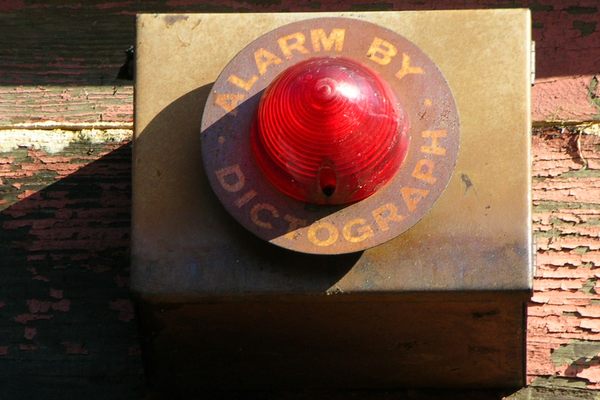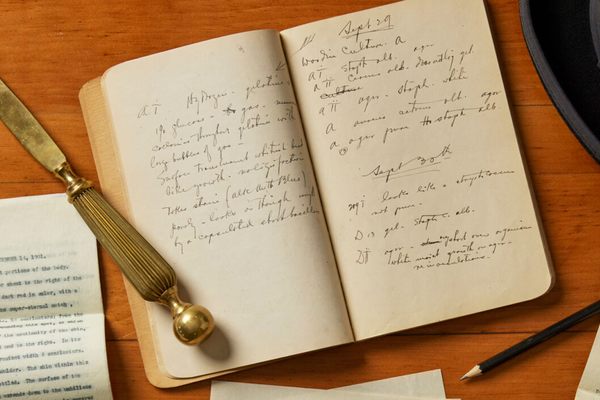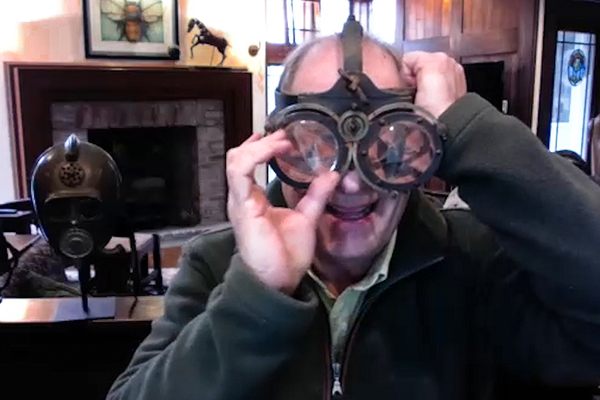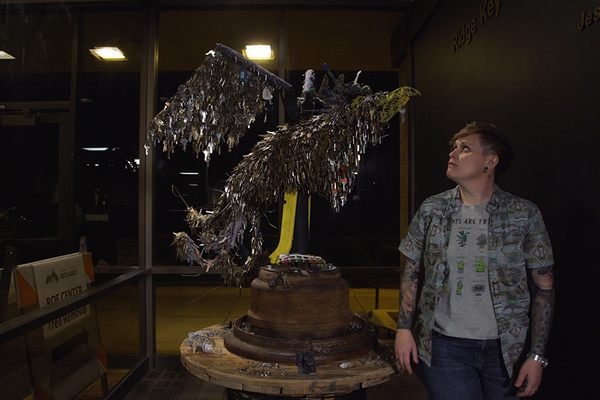Happy Birthday to the World’s First Emergency Number
London’s ‘999’ turned 79 this week.

One easy-to-remember number for emergencies: revolutionary. (Photo: Jason Rogers/CC BY 2.0)
Eighty years ago, Londoners who encountered an emergency situation had to track down a telephone, dial 0, and ask the operator to connect to the local police station forthwith. If the line was busy, you had to wait, try again, and hope that the crisis hadn’t worsened in the interim.
On June 30, 1937, that all changed when a specialty service debuted in London: 999, the world’s first emergency telephone number.
At the time, telephone exchanges were operated manually. When a 999 call came in to an exchange, a blaring buzzer and flashing red light would alert operators to its emergency status.
Advertisements in the Evening News advised readers that the number was only to be used for urgent matters, such as if “the man in the flat next to yours is murdering his wife,” or “you have seen a heavily masked cat burglar peering round the stack pipe of the local bank building.”
For less pressing concerns, such as when “a lorry has come to rest in your front garden,” citizens were encouraged to contact their local police station.
The 999 emergency line was established following a fatal 1935 fire that tore through a doctor’s home in the central London area of Marylebone. After a neighbor who tried to alert authorities had trouble getting through to the local telephone operator, five women perished in the fire.
The number 999 was chosen because the 9 was located at the bottom of the rotary dial on European phones, making it easy to find in the dark or when a room was engulfed in smoke.
Alternative number combinations were considered—a strong contender was 111, but, according to the BBC, it was rejected because “it could be triggered by faulty equipment or lines rubbing together.”

A typical European rotary dial phone in the 1930s. (Photo: Hollger Ellgaard/CC BY-SA 3.0)
On July 7, 1937, the Daily Mail of Hull reported that the new number had “passed one of its first tests with distinction,” when a Mrs. Stanley Beard heard a noise outside her home at 4 a.m. and dialed 999. Radio patrol cars were dispatched to her Hampstead home and, four minutes later, police had detained a 24-year-old man, who was later charged with attempted break-in.
Initially, 999 was limited to London. Though the service was extended to Glasgow, Scotland, in 1938, other major cities in the U.K., such as Belfast, Bristol, Edinburgh, and Manchester, had to wait until after World War II. In 1976, following the automation of the telephone exchanges, 999 became available nationwide.
By comparison, the United States’ emergency number, 911, only debuted in 1968.









Follow us on Twitter to get the latest on the world's hidden wonders.
Like us on Facebook to get the latest on the world's hidden wonders.
Follow us on Twitter Like us on Facebook